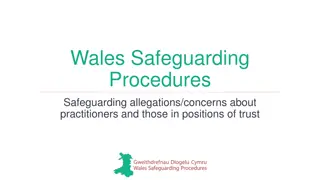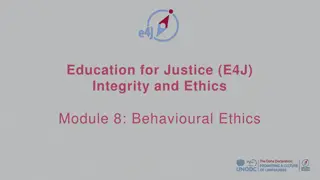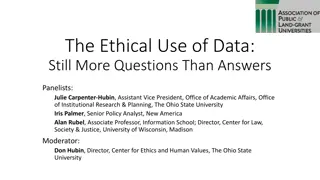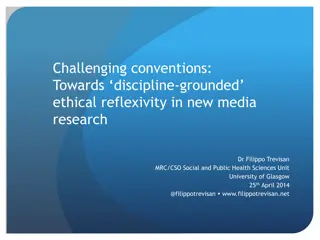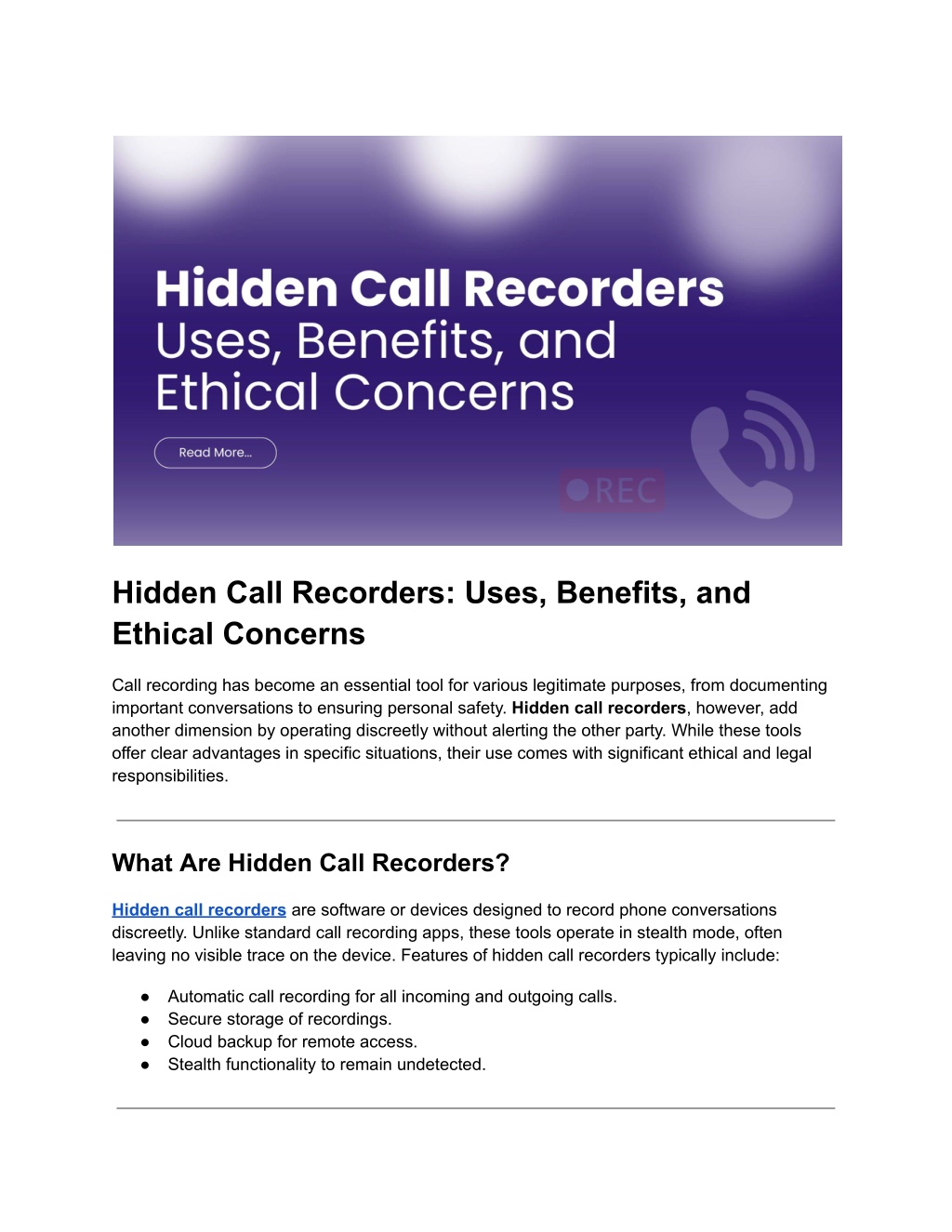
Hidden Call Recorders: Uses, Benefits, and Ethical Concerns
Hidden call recorders discreetly capture phone conversations, often used for personal safety, business monitoring, or legal documentation. While useful, they raise ethical concerns about privacy and trust. It's important to understand local laws to a
- Call Recording
- Hidden Recorder
- Spy App
- Privacy Matters
- Mobile Security
- Digital Safety
- Monitoring Tools
- Personal Security
- Tech For Safety
- Data Protection
Uploaded on | 2 Views
Download Presentation

Please find below an Image/Link to download the presentation.
The content on the website is provided AS IS for your information and personal use only. It may not be sold, licensed, or shared on other websites without obtaining consent from the author. Download presentation by click this link. If you encounter any issues during the download, it is possible that the publisher has removed the file from their server.
E N D
Presentation Transcript
Hidden Call Recorders: Uses, Benefits, and Ethical Concerns Call recording has become an essential tool for various legitimate purposes, from documenting important conversations to ensuring personal safety. Hidden call recorders, however, add another dimension by operating discreetly without alerting the other party. While these tools offer clear advantages in specific situations, their use comes with significant ethical and legal responsibilities. What Are Hidden Call Recorders? Hidden call recorders are software or devices designed to record phone conversations discreetly. Unlike standard call recording apps, these tools operate in stealth mode, often leaving no visible trace on the device. Features of hidden call recorders typically include: Automatic call recording for all incoming and outgoing calls. Secure storage of recordings. Cloud backup for remote access. Stealth functionality to remain undetected.
Common Uses of Hidden Call Recorders 1. Personal Safety Documenting Threats: Protect yourself in situations involving harassment or threats. Proof in Disputes: Maintain a record of verbal agreements for legal or personal purposes. 2. Business and Professional Use Customer Service Quality: Monitor client interactions for training and quality assurance. Employee Accountability: Ensure company-issued phones are used responsibly. 3. Parental Control Child Safety: Monitor calls to safeguard children from predators or bullying. 4. Evidence Collection Legal Cases: Record conversations for evidence in legal disputes, provided it complies with the law. Benefits of Hidden Call Recorders 1. Discreet Operation Prevents tampering or deletion of recordings by the monitored party. 2. Backup of Important Conversations Retain critical information from business calls, interviews, or personal discussions. 3. Enhanced Safety and Security Provides a layer of protection in sensitive or dangerous situations. 4. Peace of Mind Keeps a record of conversations for future reference, reducing misunderstandings. Ethical Concerns of Hidden Call Recorders While hidden call recorders can be beneficial, their use raises serious ethical issues: 1. Privacy Invasion
Recording someone without their knowledge infringes on their right to privacy. 2. Trust Erosion Secretly recording calls can damage trust in personal or professional relationships. 3. Potential for Misuse Unauthorized recordings may be used for blackmail, manipulation, or other malicious purposes. Legal Considerations The legality of hidden call recorders varies by region. Understanding local laws is crucial to avoid penalties: One-Party Consent Laws: In some jurisdictions, only one party (you) needs to consent to the recording. All-Party Consent Laws: In other areas, all participants must be informed and consent to the recording. Exceptions: Some laws allow hidden call recordings for safety or legal reasons, such as documenting harassment or threats. Violating these laws can result in fines, lawsuits, or even criminal charges. How to Use Hidden Call Recorders Responsibly 1. Understand Local Laws: Research and comply with privacy and recording laws in your region. 2. Use for Legitimate Purposes: Limit use to scenarios like personal safety, legal evidence, or professional needs. 3. Inform When Possible: If required, inform participants that calls are being recorded. 4. Protect Stored Data: Use secure storage solutions to prevent unauthorized access to recordings. Top Hidden Call Recorder Apps Here are some popular hidden call recording tools: 1. ONEMONITAR Call Recorder
Features: Records calls on various apps, including WhatsApp and Skype. Strengths: High-quality audio and secure storage options. 2. CHYLDMONITOR Call Recorder Features: Cloud integration and auto-delete for old recordings. Strengths: User-friendly interface. 3. ONESPY Call Recorder Features: Password-protected recordings and customizable settings. Strengths: Reliable and works seamlessly on Android devices. Alternatives to Hidden Call Recorders If ethical or legal concerns deter you from using hidden recorders, consider alternatives: Visible Call Recorders: Use apps that notify both parties of recording. Written Notes: Take detailed notes during calls for reference. Consent-Based Recording Solutions: Choose tools that request permission before recording. Conclusion Hidden call recorders can be valuable tools for personal safety, professional accountability, and evidence collection. However, their discreet nature demands careful consideration of ethical and legal boundaries. To ensure responsible use, prioritize transparency, adhere to local laws, and focus on legitimate applications. When used appropriately, these tools can provide peace of mind and security without compromising trust or privacy.










